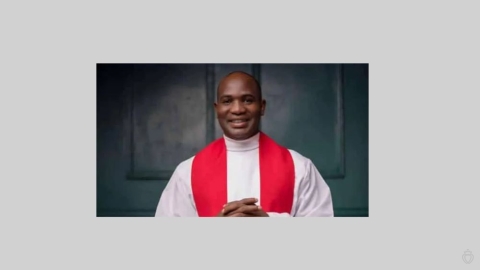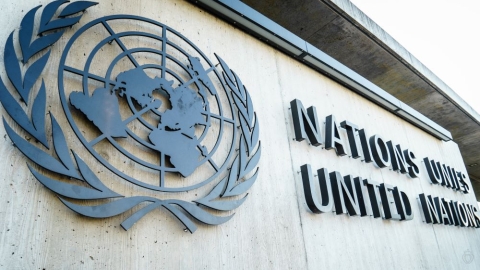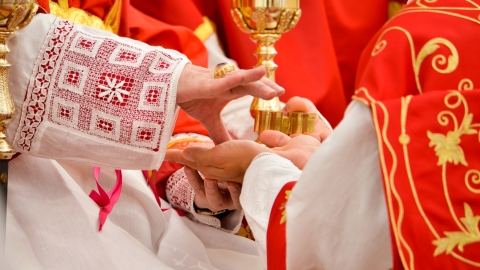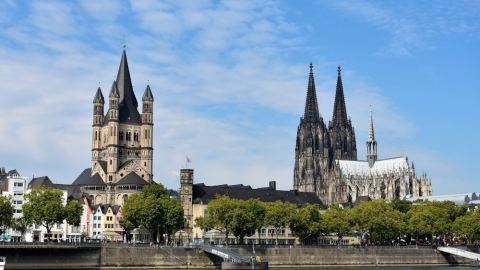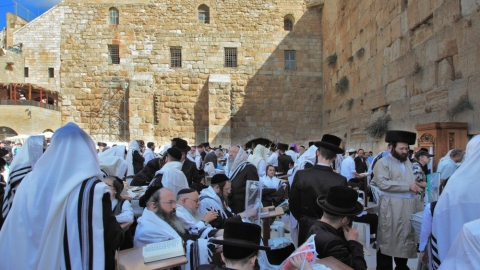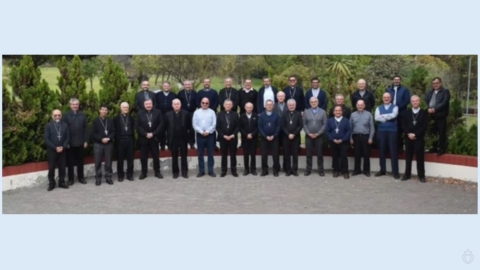All Is Not Well in the Pope's Home Country
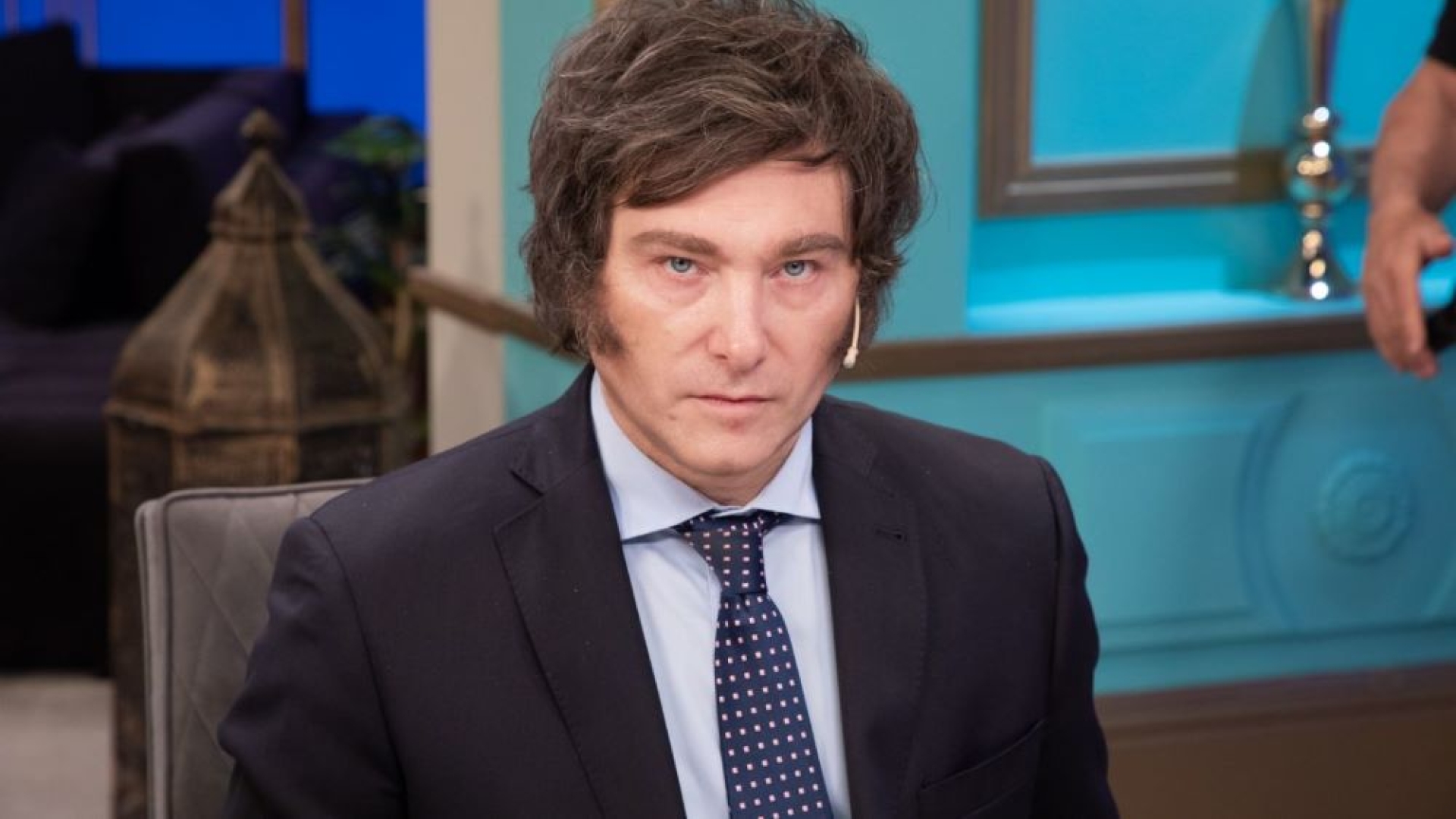
Javier Milei
Has Argentina – a country where Catholicism still counts for 63% of the population – made Pope Francis pay for not having set foot in his home country since his election? One thing is certain: the verdict of the primaries that fell on August 13 sounds like a disavowal of the Pontiff.
In Argentina, the primary elections are intended to pre-select the candidates who will be running in the next presidential election (an election to be held on October 22) by eliminating the contenders who collect less than 1.5% of the vote.
A minimum score that Javier Milei easily exceeded, winning 30% of the vote alone on August 13, while the right and left coalition forces obtained 28.2 and 27% of the vote respectively.
The troublemaker of Argentine political life defines himself as an “anarcho-capitalist,” defending pell-mell the freedom to carry firearms, homosexual marriage, organ trafficking, the legalization of drugs, while rejecting abortion and declaring himself as a “climate skeptic.”
It is an explosive cocktail spiced up with a sharp polemic point against the Pope, whom this Catholic politician, an admirer of Donald Trump, does not hesitate to take a dig at in his speeches, sometimes violently. According to him, Francis is sometimes a “Communist” or “henchman of evil infiltrated into the house of God.” During a television program, Javier Milei, discussing the concept of social justice defended by the Pope, went so far as to grossly insult the person of the Sovereign Pontiff in terms that decency forbids to reproduce here.
For his part, Francis does not spare his Argentine despiser. During an interview broadcast in early 2023, without naming him, the Pope compared Javier Milei to Adolf Hitler: “A new politician who spoke magnificently and who seduced the people.… Everyone voted for little Adolf, and you see how it ended,” he then quipped.
The most astonishing thing is that the strong language of the winner of the primaries of August 13, 2023 left a good part of Argentine Catholics unmoved: “Many were happy with the election [of Francis] in 2013, but they did not do not like the ideas he developed, nor the documents he has since published, and so they stopped approving of him,” says Fr. Lorenzo De Vedia, who ministers in a slum in the country.
For Pablo Seman, an observer of religious life in Argentina, Javier Milei's polemics against the Pope do not necessarily put him in danger, politically speaking: “Among Catholics, those who are linked to social movements oppose Milei, but the others don't, so it won't make a real difference,” he explains.
The progressive theologian Francisco Bosch, for his part, does not foresee a Catholic resistance being organized against Milei, since a majority support him. Although the primaries are a snapshot of Argentine opinion, they do not seal the outcome of next October's election, because the key to the ballot lies in the choice of the 30% of voters who abstained in the from August 13th ballot.
But what remains certain is that the image of the Pope is now seriously tarnished. Will it motivate a future apostolic journey to the country?
(Source : Crux – FSSPX.Actualités)
Illustration : Flickr / Ilan Berkenwald (CC BY-SA 2.0)
